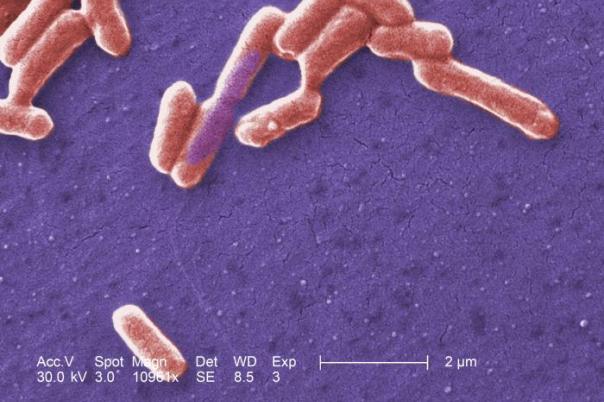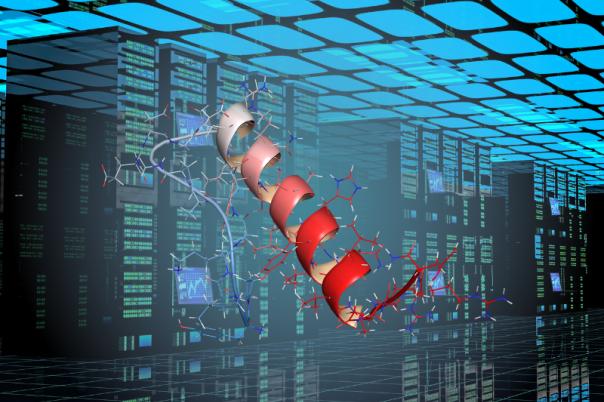Peptides are making waves in the clinic. Recent successes include US Merck’s PCSK9 inhibitor and J&J’s IL-23R antagonist cyclic peptide. Another exciting avenue in the field is the possibility of delivering peptides that are orally available as well as cell permeable.
Hans Melo, Co-Founder & Chief Executive Officer at Menten AI, discussed how his AI platform can be leveraged to design and optimize cyclic peptides. According to Melo, up to 80% of drug targets are beyond the reach of small molecules and biologics. He opted for a multi-parameter design to achieve drug-like molecules in the design cycle.
To begin, the team looked at drug targets, they relied on machine learning molecular dynamics protocols to identify binding sites. This is particularly useful when examining PPIs where the interfaces are complex. Furthermore, this could lead to discoveries of novel pockets and new novel binding.
It is challenging to design peptides in the absence of data so Melo and his team combined physics-based methods with generative AI to design up to 10,000 designs. This number was filtered down to around 100 peptides that were synthesised and tested in the wet lab. An example was given where potent molecules were identified and achieved in vivo efficacy within six months.
In certain instances, these molecules require optimisation to improve specific properties. For example, Melo explained that his team identified a hit through a de novo campaign that had reasonable potency but fell short efficacy-wise. They optimised the structure in two design cycles, retaining the already optimal properties of the hit, without structure determination. Melo emphasised that he had enough confidence and accuracy in the model that the team could go straight to the optimisation stage without the structural determination.
Not only was the team able to do this internally but with external collaborators like Bristol Myers Squibb, Menten AI managed to optimise a specific peptide they had identified through drug screening. Researchers at Menten AI achieved high passive permeability and oral bioavailability, with the platform demonstrating up to 90% accuracy in predicting passive permeability. Finally, Melo closed by explaining that he saw up to 18% oral bioavailability in rodents and high cell permeability in PAMPA and Caco2 assays.






